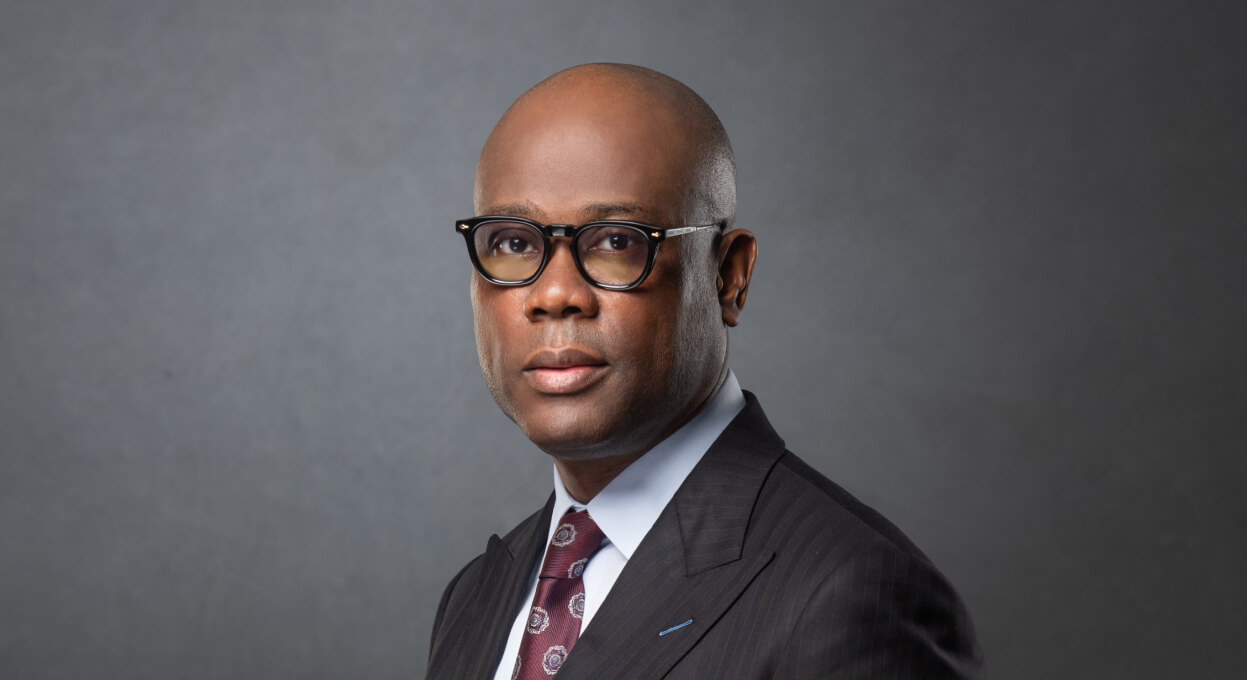
10 Business Lessons from the Life and Legacy of Herbert Wigwe
Herbert Wigwe, the captain of Access Bank, the man who transformed it from a regional player to a Pan-African powerhouse, was batting with grace and power. But life, the ultimate curveball, threw him a delivery he couldn’t swing at. His sudden passing left not just a void in the banking world, but corporate Africa at large. We took a closer look at his outlook towards business and life, and we curated some lessons not just for business leaders, but for anyone navigating the uncertainties of life and leadership.
1. Vision is the Compass, Not the Finish Line: Wigwe didn’t just lead Access Bank, he envisioned its future. He saw a Pan-African giant whereas others saw a local player. This teaches us that while plans change, vision provides direction even in the storm.
2. Innovation is the Bat, Not Just the Ball: Wigwe embraced technology, fostered a culture of experimentation, and made bold bets. He reminds us that innovation isn’t just about keeping up, it’s about hitting the winning runs.
3. Customers are the Wickets, Not the Scoreboard: Financial inclusion was Wigwe’s passion. He made banking accessible to the underserved, understanding that true success lies in serving, not just scoring.
4. Partnerships are the Team, Not Just Yourself: Wigwe collaborated with players like Flutterwave and Microsoft, recognizing that collective strength trumps individual glory. This teaches us that winning teams are built, not born.
5. Empowering Talent is the Pitch, Not Just the Batting Order: Wigwe invested in his team, creating leaders, not just followers. He understood that nurturing talent strengthens the entire innings.
6. Legacy is the Scorecard, Not Just the Runs: Wigwe’s impact transcended profits. His commitment to social responsibility reminds us that true success leaves a positive mark beyond the scoreboard.
7. Communication is the Commentary, Not Just the Cheers: Wigwe communicated openly and transparently, building trust with stakeholders. This teaches us that clear communication fosters confidence even in challenging times.
8. Resilience is the Grit, Not Just the Power: Wigwe navigated economic crises and industry disruptions with unwavering resolve. He reminds us that grit and adaptability are key to surviving any storm.
9. Live Your Values is the Spirit of the Game, Not Just the Rules: Integrity, hard work, and excellence were etched in Wigwe’s leadership style. He teaches us that values are the foundation on which winning innings are built.
10. The Unexpected Innings: This, perhaps, is the most profound lesson. Wigwe’s story reminds us that the hand of life can deal with unexpected deliveries. No leader can plan for every twist. But by playing with vision, innovation, and a strong team, we can make the most of each unexpected innings.
Wigwe’s legacy isn’t just about business lessons. It’s a reminder that life is precious, leadership is a privilege, and impact is the ultimate success. He urges us to play our innings with purpose, passion, and a touch of humility, knowing that the final whistle can blow at any moment. So, pick up your bat, embrace the uncertainties, and play your innings with the spirit of Herbert Wigwe.
But remember, even the most skilled players need a strong coaching team. In today’s dynamic business landscape, ensuring your venture outlives its founder requires careful planning and expert guidance.
That’s where Mapemond steps in. Our team of experienced brand consultants specializes in crafting resilient business structures that thrive beyond individual leadership. We partner with companies to:
- Define a clear vision and values that transcend personalities.
- Build robust systems and processes for sustainable growth.
- Develop a strong team culture that fosters leadership succession.
- Prepare for unforeseen circumstances with strategic planning.
Don’t wait for the unexpected innings. Contact Mapemond today and let us help you build a business that leaves a lasting legacy, just like Herbert Wigwe’s.

